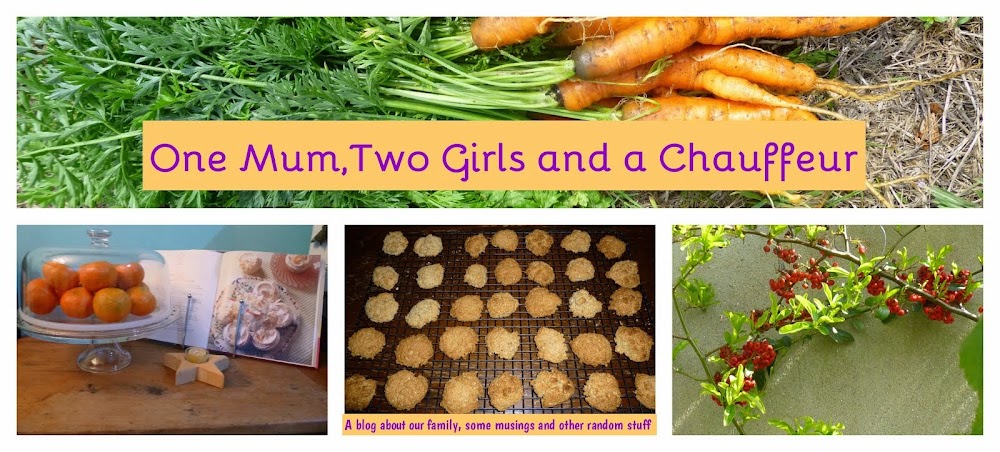
The European election of the last few days have thrown up a lot of shocks in more than one country.
Here in the UK the biggest winners were the dreaded UKIP. Even a large percentage of people who voted for them have said they'd not vote for them to run the country in the main general election. They've said they want them to kerb the influx of immigration but haven't really thought things through, I don't think a lot of them have looked at the other policies UKIP are for in Europe, or more accurately what they are against. I am firmly of the opinion that being part of the EU is of benefit for us and if we leave it will cause a whole of of disruption and money loss.
UKIP came from nowhere in the rankings, and other fringe groups did well, Green won a lot more seats including here in Bristol - up from 3 to 6. The main parties mostly made a loss with Lib Dems doing worst of all, they lost a lot of confidence in the public. Parties are complaining the media had a lot to do with it, giving too much coverage to UKIP and less to others such as the Lib Dems. But that doesn't explain it all as so much that was shown was the worst of them, how biased and misogynistic so many party members are, accusations of racism running rife and other such insults. I fear for their term in office in the European Parliament, what will they oppose, what will they request? Members of the public are so disillusioned they've voted for the 'man in the street' forgetting he's from the background so many actually despise with the attitude and opinions they actually dislike. People can be easily swayed, sadly.
In other countries there were shockers with the National Front winning in France ousting Sarcozi. Germany managed to hold on to Angela Merkal though there are still complaints of immigration there. A neo-nazi was voted in, though, Udo Voigt who called Adolf Hitler a 'great man' and once urged voters to take up armed combat. Greece voted in radical left wing parties and have also won themselves 3 of the neo-nazi Golden Dawn politicians, while other members of this party are still in prison on murder and other serious crime charges. Poland have voted in a man, Janusz Korwin-Mikke, who has said 'women are dumber than men and should not be allowed to vote' and wants to remove their right to it. Sweden voted in a woman who won by going to people's homes and chatting to them rather than using the usual method of advertising and big campaigns, a feminist who founded the Feminist Initiative party only 2 years ago.
Italy had a large turnout of voters, more than usual, and they voted for Renzi, a young leader for Italy, the youngest since Unification days in fact, the leader of the PD the Democratic Party. The Democrats won by a large margin pushing the next party's vote down which was the Five Star Movement lead by Beppe Grillo who is actually a comedian when not politicing. There are rumours Grillo didn't win as he didn't smile enough. The party previously led by Silvio Berlusconi, Forza Italia did badly with only 16%. Renzi is very pro Europe although there is a lot of anti Europe talk by the general public in Italy, maybe at heart they know being part of the Union is a good thing all round. Renzi also talks a lot about reforms he wants to make in Italy, he has big words to say about change including in the overstuffed parliament, far too many politicians who are often well over paid. We will see how he does it, if he does it.
The European Parliament has many strong characters with many very different agendas, polar opposites in fact. How will they come to any conclusions is hard to tell right now. Maybe they will all cancel each other out and the EU will stay moderate after all.





.jpg)
.JPG)
































